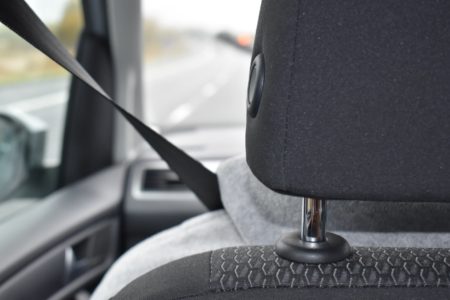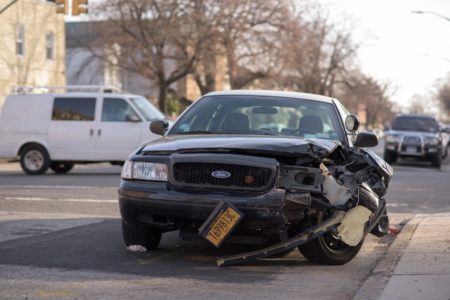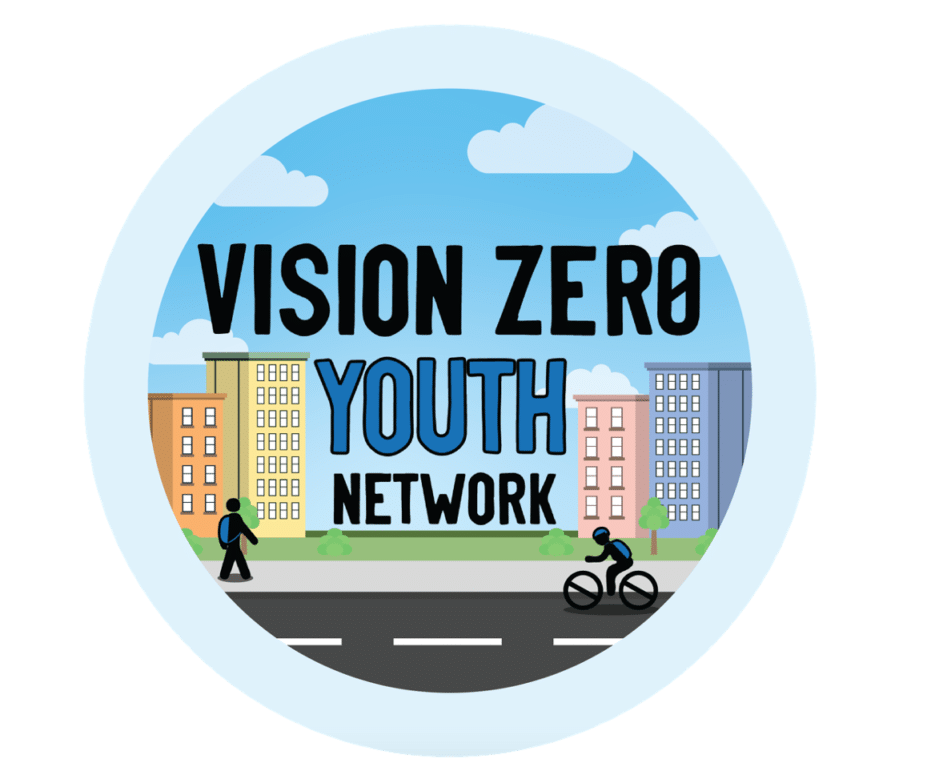By Emily C.
Road rage is not a good thing for the person that is getting the anger put on them, or for the person in a rage. As drivers, there is nothing we can do about traffic, construction hold ups, crashes that are time consuming, people who are slow, etc.
There is no amount of time that is more important than your own life. If you are going to be late, then consider leaving earlier. If you left early and then came across a hold up on your commute that will make you late, there is nothing you can do. It is frustrating and stressful to be late, but I know that your employer cares about your well-being and would rather you be safe than put your life at risk to be on time (unless you’re chronically late and then the problem isn’t traffic!).
The above videos show prime examples of people who have road rage. They are the ones that create unsafe situations for everyone around them, and they cause the crashes, but don’t usually get in a crash themselves. Luckily, the other drivers had dash cams in their cars so they were able to capture the crazy drivers on video.
These are great learning experiences of how not to drive, and to just take your time. DO NOT let people honking at you make you feel pressured to do something unsafe. They are putting their lives at risk by driving erratically and not valuing anyone’s life. Just let them pass you, let them honk, let them do what they feel they need to do. Don’t engage in the rage!




